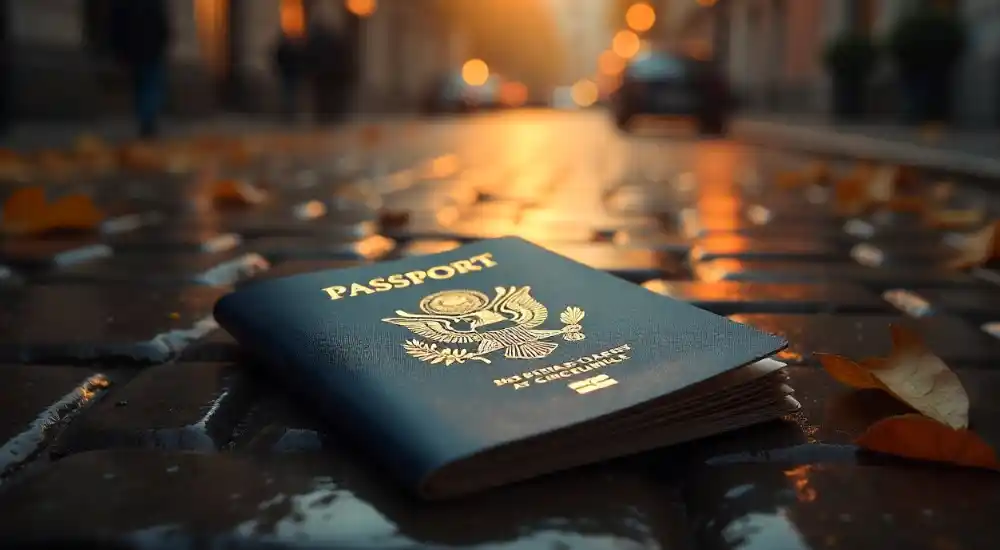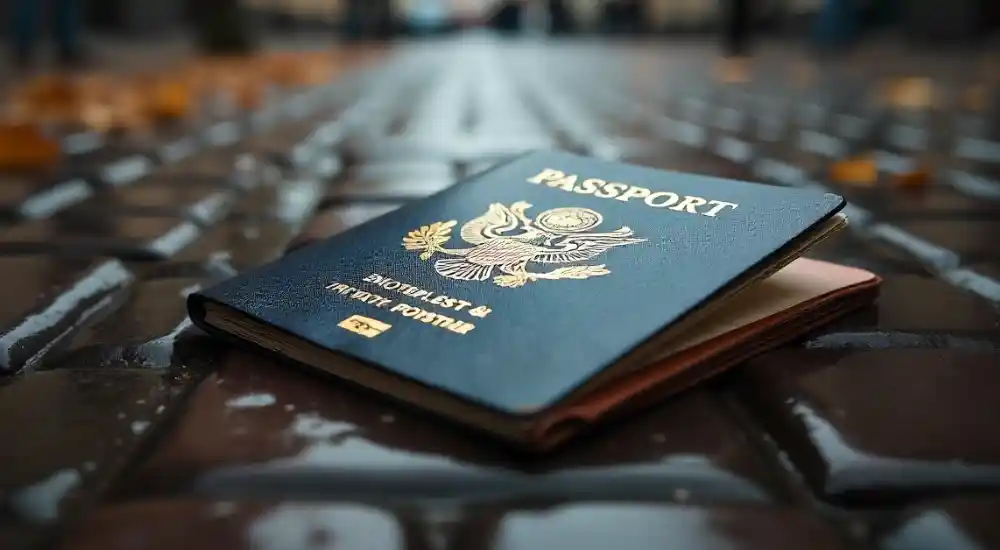The American Passport’s Declining Global Standing
For decades, the US passport was a golden ticket to global access, symbolizing freedom, prestige, and unparalleled mobility. But recent developments have tarnished that shine. The United States has officially fallen out of the top tier of the world’s most powerful passports, dropping to an all-time low of 10th place. This marks the weakest position the US has held in the 20-year history of the Henley Passport Index.
This isn’t just a symbolic blow—it reflects a tangible reduction in global influence and freedom for American travelers. With visa-free access to just 182 destinations, the US now sits behind nations like Singapore, Japan, South Korea, and nearly all of Western Europe. The land of the free is now less free to roam.
What Is the Henley US passport Index?
The Henley Passport Index is a London-based ranking that measures the access granted by 199 passports across 227 global destinations. It uses exclusive data from the International Air Transport Association (IATA) to determine how many countries allow visa-free entry to passport holders. The index is updated in real time and serves as a critical benchmark for global mobility and diplomatic relations.
A passport’s ranking isn’t just about travel convenience—it’s a reflection of international relationships, economic stability, and geopolitical influence. The fact that the US has slipped so significantly sends a clear signal about its changing role on the world stage.
Why the US Passport Ranking Is Falling
Several factors have contributed to the decline of the US passport. One major issue is a lack of proactive diplomatic engagement. Unlike nations such as the UAE and Singapore, the US has not aggressively pursued new visa-waiver agreements. In fact, recent policies have done the opposite.
The Trump-era “visa integrity fee,” which adds a $250 surcharge to visa applications, has been criticized as a deterrent to international visitors. Organizations like US Travel argue that such fees make the US less attractive as a destination, which in turn reduces the incentive for other countries to grant visa-free access to Americans.
Additionally, growing political polarization and concerns over security and immigration have led the US to adopt more restrictive entry policies. Other nations have responded in kind, creating a cycle of reduced openness.

Which Passports Are Now More Powerful Than America’s?
Asian and European nations now dominate the top of the passport power rankings. Singapore leads with visa-free access to 193 countries. South Korea and Japan follow closely with 190 destinations each. Much of the EU—including Germany, France, Spain, and Italy—ranks third with 189 visa-free destinations.
Even the UAE, which climbed 34 spots in a decade, now ranks above the US. Through what Henley & Partners chairman Christian Kaelin calls “active and strategic diplomacy,” these countries have expanded their global access while the US has stagnated.
US passport : The Growing Global Mobility Gap
The decline of the US passport is part of a broader story: the widening gap between the world’s most and least powerful passports. At the top, Singaporeans can travel to 193 destinations visa-free. At the bottom, Afghanistan’s passport grants access to just 25.
That’s a difference of 168 destinations—a mobility gap that underscores deep global inequalities. For Americans, the slide down the rankings means more paperwork, higher travel costs, and fewer opportunities for spontaneous international travel.
What Does This Mean for US Travelers?
A lower passport ranking isn’t just a bragging-rights issue—it has real-world consequences. Americans now need visas for more destinations than before, which means more time, money, and hassle spent on travel planning. It also signals a broader decline in global perception and soft power.
Business travelers, tourists, and digital nomads all feel the effects. In a globalized world, ease of movement is economic currency. The US is losing that currency fast.
Can the US Passport Bounce Back?
Recovering its former status won’t be easy. It would require a concerted effort to rebuild international relationships, negotiate new visa-waiver agreements, and rethink policies that discourage foreign visitors. The rise of the UAE offers a blueprint: through strategic diplomacy and economic openness, the Emirates transformed their passport into a top-tier travel document.
Without similar efforts, the US passport may continue to fall—a symptom of a nation turning inward in an increasingly connected world.

Table of Contents
Reference Website:
https://edition.cnn.com/2025/07/22/travel/world-most-powerful-passports-july-2025